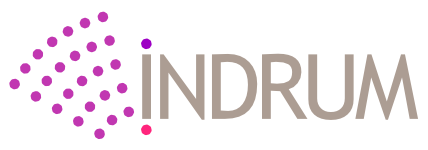There are mathematical problems, which could be solved by several techniques that belong to different areas of mathematics and vary in their requirements for prerequisite knowledge or level of sophistication. One example is given in this paper. It involves summation of an infinite series that uses either calculus or advanced (complex or Fourier) analysis. A survey that I conducted with students who recently graduated with a major in mathematics reveals that students were more likely to be familiar with some advanced methods than with relatively elementary views. Similarly, instructors' survey showed that calculus based methods were less popular than some advanced methods despite the fact that instructors found the former being appropriate for inclusion in corresponding courses. I argue that this situation in undergraduate mathematics curriculum needs a more careful consideration.



